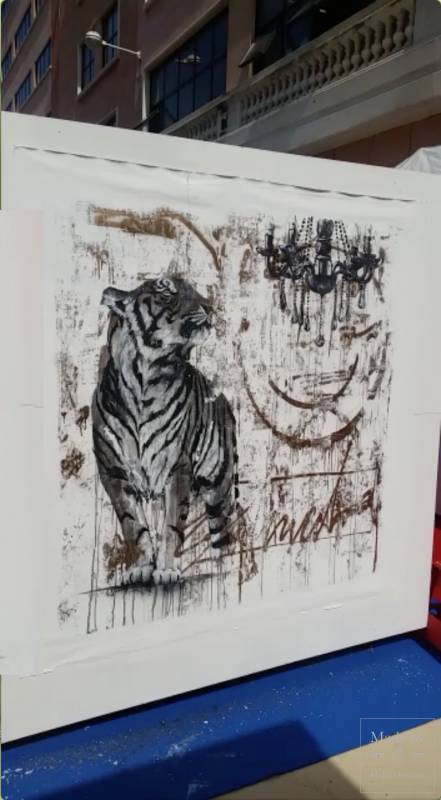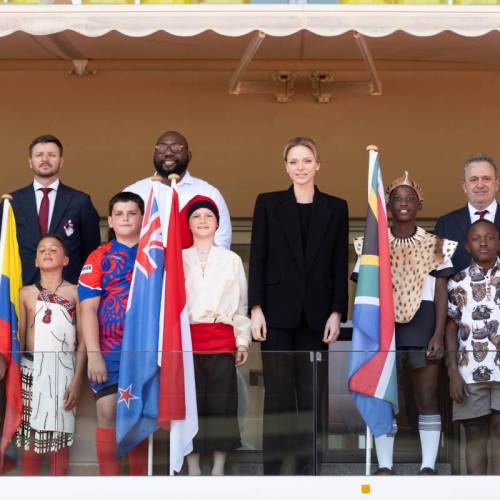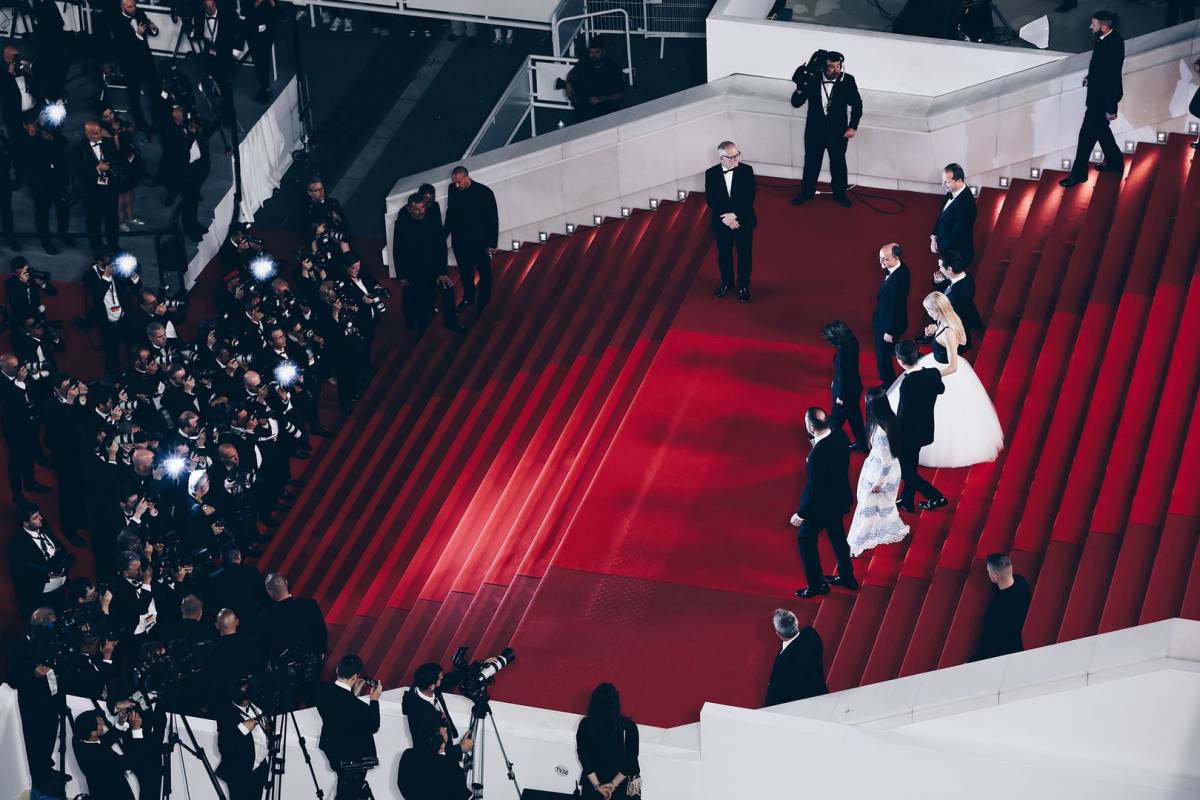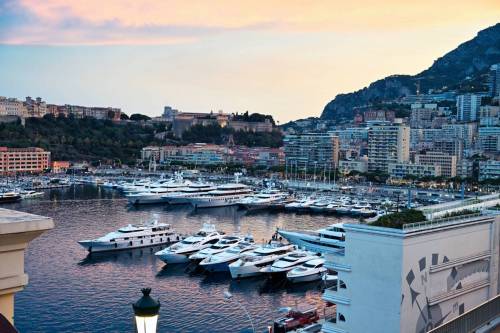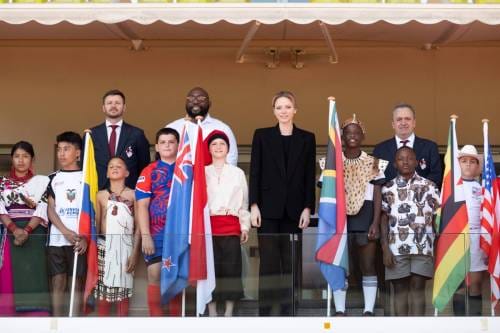According to a recent WWF report involving more than fifty scientists around the world, 60% of wildlife has been rubbed out since 1970 as a consequence of human endeavor like deforestation, industrial pollution and intensive agriculture exploitation. This represents a serious biodiversity loss for the very survival of the Planet ecosystem, keeping human civilization at heel. Under the motto, ‘Make our animals great again’, the third edition of Urban Painting Around the World (UPAW), held at Quai Antoine 1er from 25th until the 27th 2019 developed this environmental key issue through artistic creativity, under the auspices of the Monegasque Government, the Mairie de Monaco and Visit Monaco – Tourisme Responsable.

Nine skilled Street Artists coming from seven different Countries, including the Principality of Monaco, have been creating live inspiring paintings in a dedicated exhibition space. UPAW decided to support Prince Albert II of Monaco Foundation international projects pro threatened species by devolving all proceeds from a special auction sale. ARTCURIAL, renowned art house that first auctioned a Street work of art within UPAW 2017, chaired the sale on Thursday afternoon, in the presence of the Sovereign Prince who had met the artists informally at the Quai Antoine 1er before.

“I wanted to support that beautiful initiative UPAW, which has helped to spark a meeting between two worlds that are rarely associated: street art and environmental protection”, pointed out H.S.H. Prince Albert II of Monaco.

“Every year I am positively surprised for the successful outcome of this event through a set of wonderful works of art that mostly got to the point like this year’s theme depicted by Dario Vella (Italy) with such a deep representation of animals as well as those by Dave Baranes (France) and Beli (Principality of Monaco) who caught my attention since she efficaciously showed the bewilderment of fauna facing the upturning of the natural habitat by mankind”, stressed Alberto Colman, founder and organizer of UPAW.

“The support by the Municipality was pivotal and witnessed their strong commitment in this project that helps rethinking the original unfriendly approach towards graffiti artists by creating a high-quality professional eco-event conceived primarily for young people’ – Mr. Colman added. The brand-new school project ‘Junior 2018-2019’ promoting an urban-art completion in the framework of UPAW, in fact, derives directly from students.

As highlighted by the art director Willem Speerstra, art collector and gallerist, fond of worldwide graffiti art at their best expressions, “in order to better perform the 2019 edition of UPAW, I selected artists who were artistically focused on the issue of animals able to depict them in a more realistic way”. “We have given preference to muralists, used to working on large spaces, that enthusiastically accepted the idea to use reduced-ozone-impact sprays in recycled canisters” – Mr. Speerstra added.
Then the audience attending the event could enjoy those iconic portraits of ‘nature ambassadors’, eco-friendly outlined in an effective 3D effect pushing artists and visitors to engage themselves in ‘green’ best practices.
But what inspired those animal-shape works of art? HelloMonaco asked some artists. “I have chosen to figure a set of animals as if nature was prevailing, and human beings were a dying breed”, pointed out Dave Baranes (France) – “not by chance all human emblem forms are part of the trompe-l’oeuil in the background while animal close-ups are in the foreground’” – stated the artist. As stressed by Mr. One Teas (Monaco): “I have been creating street art works since I was 20 years old (2005)” – “for this special event, I decided to portray a Kakatoa for air environment, the big Panda for Earth land territory and, for sea-world, a Vaquita dolphin, really close to extinction of which only ten of that kind remained in Northern California Pacific Ocean”.

Dario Vella (Italy) gave us some inputs. “I have been inspired by tigers for a long time considering them as an emblem of free passions to pursue; so, it was easy to choose my preferred endangered species”, underlined Mr. Vella introducing his three paintings where those beautiful felines feel enclosed in a ‘human-made’ golden cage opposed to the natural world, symbolized by an impressive baroque-style chandelier. “All backgrounds I designed are voluntarily shading tiger sketches because environmental hurdles are menacing their survival”, concluded Mr. Vella.

